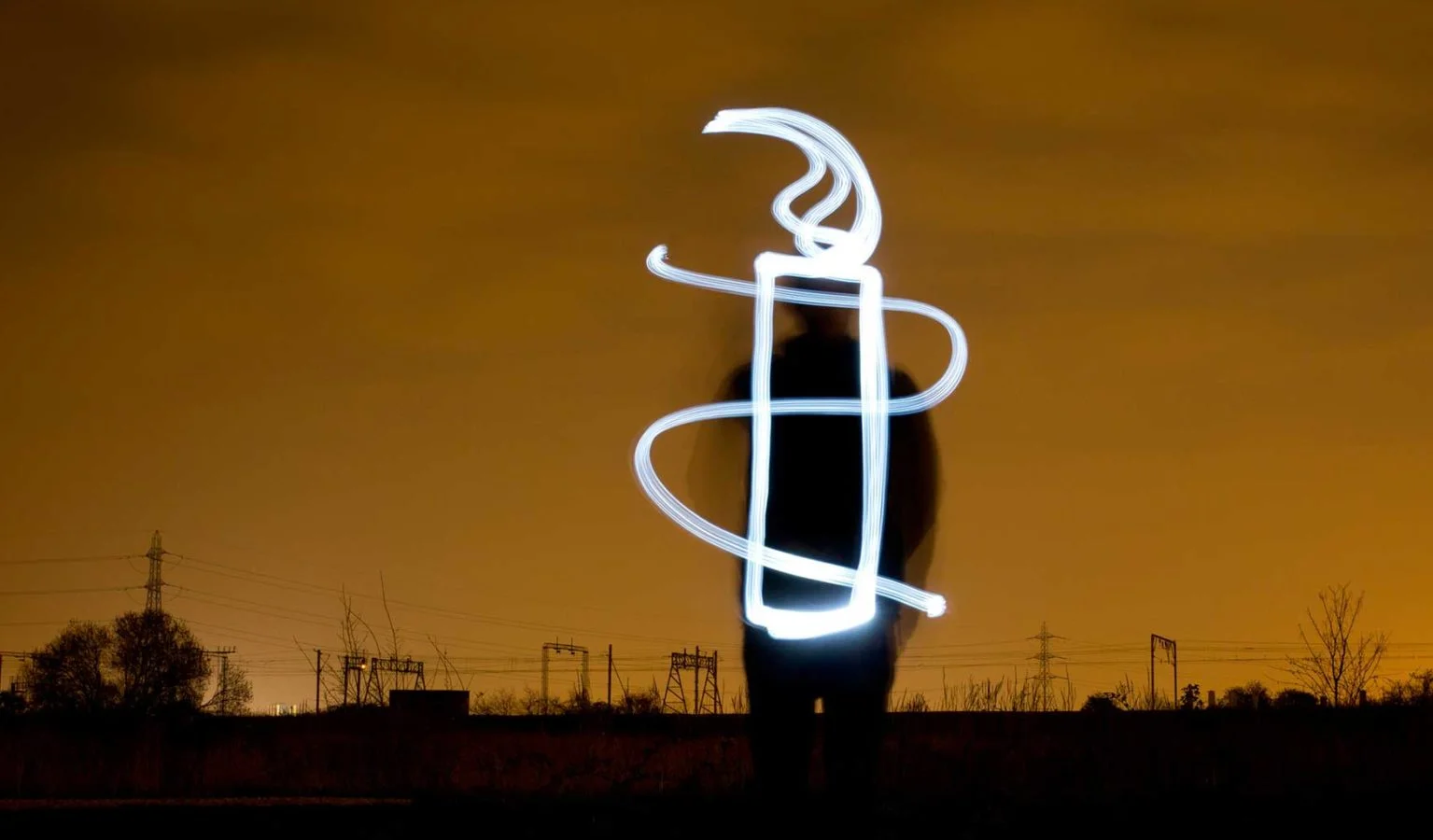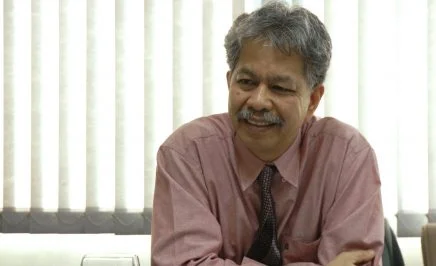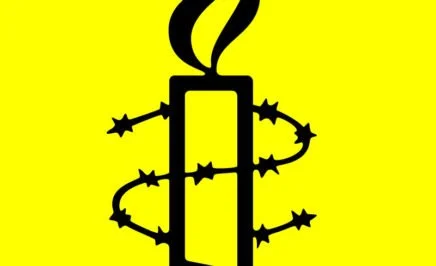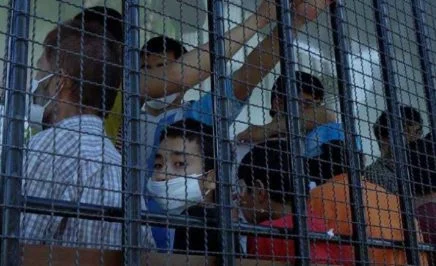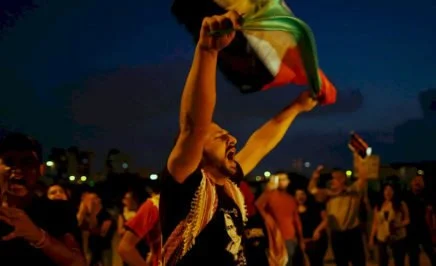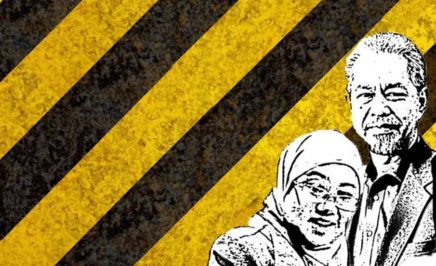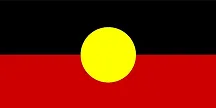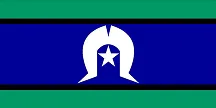The Thai military government must end its far-reaching crackdown on peaceful demonstrations, Amnesty International said as nine activists – including the first person arrested for protesting after the military coup in 2014 – are facing criminal proceedings.
They join hundreds of people who have been harassed or jailed simply for speaking out peacefully against military government or its policies over the past three years. Just yesterday, authorities announced plans to charge a further seven activists with sedition for staging pro-democracy protests.
“Thailand’s military rulers are not only continuing to tie up hundreds of real or perceived critics with long-running criminal proceedings, but have escalated a crackdown on peaceful dissent in recent months. Authorities must honour their promise to lift the absurd and unjustifiable restrictions they have now been imposing for almost four years, ostensibly in the name of national security,” said James Gomez, Amnesty International’s Director for Southeast Asia and the Pacific.
The Appeal Court will today deliver its verdict in the case of law student and Amnesty International Thailand Board member Apichart Pongsakul, who faces a potential six months in prison and a fine for violating the junta’s blanket ban on “political” gatherings of five or more people. Apichart Pongsakul was arrested on 23 May 2014 – the day after the military coup d’état – for holding a sign in central Bangkok that read “I will not accept barbaric power.”
Eight social activists will also report to police in Bangkok to learn whether or not they will be charged under the same ban on peaceful protest. The eight took part in a peaceful march that began in Bangkok on 18 January in support of a range of economic, social and civil rights.
“Apichart Pongsakul has become a symbol of peaceful resistance against military rule. He and others charged for peaceful protest have done nothing wrong and all criminal proceedings against them should be dropped immediately and convictions expunged. It is tragically symbolic that he is appearing in court on the same day that eight other activists could be slapped with charges under the same repressive ban,” said James Gomez.
Since taking power in May 2014, the Thai military-led government has outlawed peaceful “political” gatherings and used vaguely worded legislation to target the political opposition, media, academics and students engaging in peaceful criticism of authorities.
Since taking power in May 2014, the Thai military-led government has outlawed peaceful “political” gatherings and used vaguely worded legislation to target the political opposition, media, academics and students engaging in peaceful criticism of authorities.
On 30 January, authorities announced that they would file charges of sedition – under a law allowing for a maximum of seven years’ imprisonment – and unlawful assembly, on activists and a human rights lawyer. They had all protested the military government’s reported postponement of general elections to February 2019.
“The Thai military has made repeated promises to respect human rights and allow peaceful criticism since seizing power, but has completely failed to turn these into reality. The international community must push the authorities to ensure that there is concrete action to end these long-running violations,” said James Gomez.
